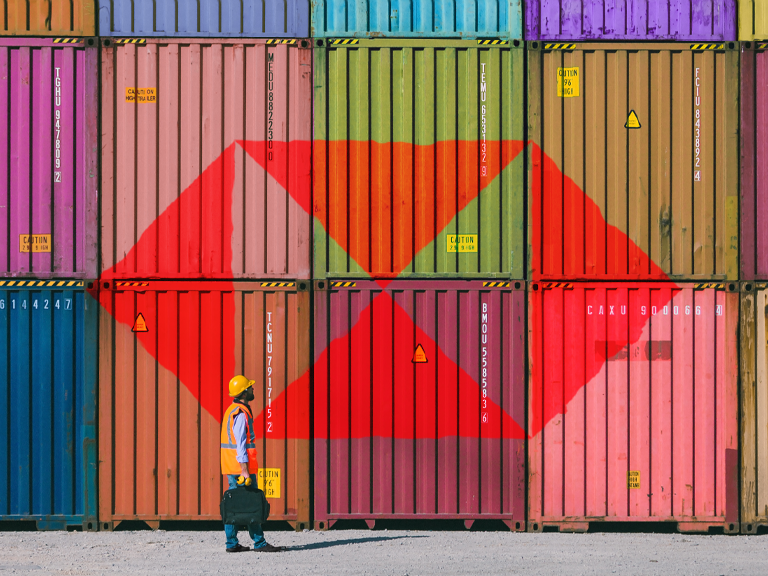Vietnamese businesses have experienced exponentially higher cost increases than the global average and are expecting additional short-term costs due to trade uncertainty, according to HSBC’s 2025 Global Trade Pulse Survey revealed on May 28.
In particular, 80 per cent of Vietnamese respondents have already experienced cost increases due to tariff and trade uncertainty. They are expecting a notably higher short (82 per cent) and slightly higher long-term cost increase (75 per cent). The mean average expected impact on revenue to a Vietnamese business due to supply chain delays/interruption is 2 percentage points higher than the global average.
Vietnamese companies have brought production back to their home country (42 per cent), shifted focus to domestic market (41 per cent), and enhanced data analytics (41 per cent) in response to trade uncertainty.
Looking ahead, Vietnamese companies are still confident about their international growth (81 per cent) and many respondents (76 per cent) think trade uncertainty has encouraged their business to evolve and explore new opportunities. That said, over half (54 per cent) would like external support with crisis planning or building business resilience.
According to the survey, in general, global businesses have been hit with surging costs, supply chain disruptions, and are having to rethink their strategy and planned investments as tariffs and shifting trade policies continue to impact their enterprises.
The survey reveals that two thirds of corporations have already experienced cost increases due to tariff and trade uncertainty – and the worst may be yet to come. Companies expect costs to escalate further in both the short-term (73 per cent) and the long-term (72 per cent).
Businesses also expect an average decline in revenues of 18 per cent due to supply chain delays. Over half of respondents (51 per cent) feel rising costs are the number one concern for supply chain strategies and 85 per cent of corporates have revised or plan to revise their pricing strategy upwards to reflect higher costs or market changes
Despite these headwinds, optimism about expanding global trade is strong. Nearly 9 in 10 businesses (89 per cent) are confident in their ability to grow international trade over the next two year.
The survey also points to the emergence of new trade corridors in some of the markets surveyed and we are seeing global businesses strengthening their relationships with key markets outside their borders, the survey noted.
Malaysia (61 per cent) and Vietnam (52 per cent) are expanding their relationships with China; India (54 per cent) and the US (51 per cent) with Europe, and the UK (46 per cent) and India (62 per cent) with the US. In some markets, optimism about international trade growth endures, led by India (96 per cent) and the United Arab Emirates (94 per cent), according to the survey.
Mr. Surajit Rakshit, Country Head of Global Trade Solutions at HSBC Vietnam, said that the current landscape of tariffs and trade uncertainty presents significant challenges for global businesses, but they are showing great resilience and adaptability in the way they operate.
“With over 70 per cent of companies globally anticipating sustained cost increases, and businesses facing an average 18 per cent drop in revenue, the imperative for strategic adaptation is clear," he added. "Navigating this climate requires not only agility, but strong partnerships to ensure sustained growth in a shifting global economy. We do not know where the dust will settle, meaning companies need to prepare for different scenarios and cannot afford to progress with a single, linear plan."









 Google translate
Google translate